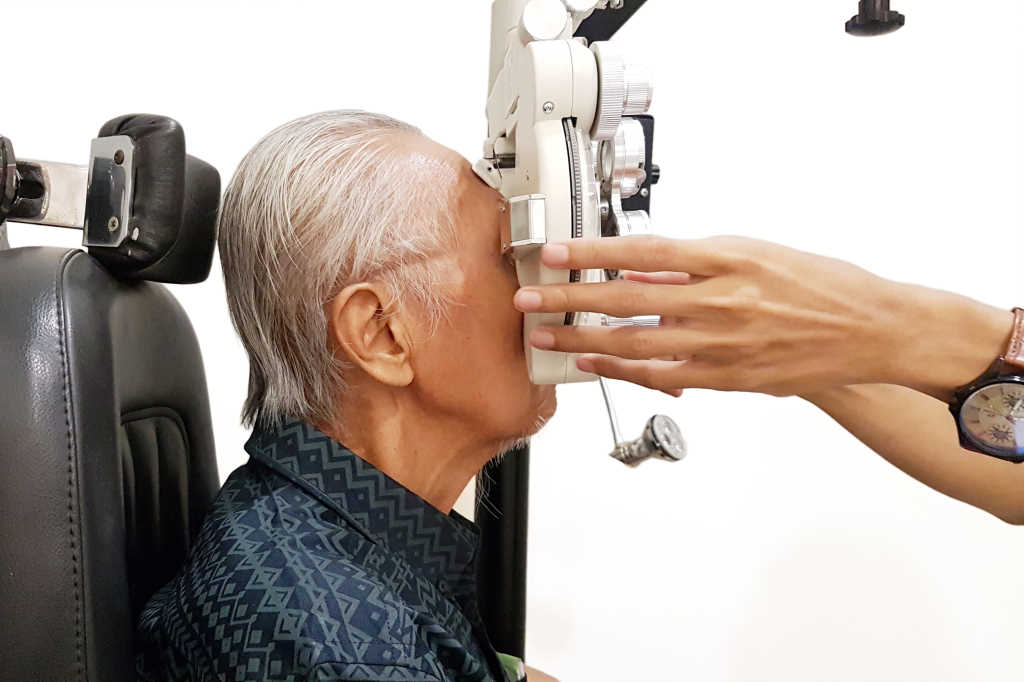New doctor of optometry degree accredited
The University of Western Australia’s (UWA) three-year Doctor of Optometry (DOpt) degree has been accredited, with conditions, by the Optometry Council of Australia and New Zealand (OCANZ).
Following a virtual site visit in November 2021, OCANZ accredited the course in April this year subject to five conditions, including the assessment of teaching, facilities and examination results. It announced a formal review in 2023 of how the programme is delivering content on contact lenses, paediatrics, myopia management, binocular vision, low vision, therapeutics and glaucoma. It also recommended a full site visit in early 2024 to assess the programme for re-accreditation once outcomes from the first student cohort have been assessed.
DOpt and OD vs BOptom
This is a shorter course than US optometry post-grad degrees or the University of Melbourne’s OCANZ-accredited four-year Doctor of Optometry (OD) master’s degree. The primary entry requirement for the latter is an undergraduate degree in any discipline within the last 10 years, whereas students wishing to take UWA’s DOpt will require a bachelor’s degree in biomedical science at UWA, or an equivalent bachelor’s qualification, or a bachelor’s degree together with demonstrated knowledge in health and/or medical sciences recognised by UWA.
Professor Steven Dakin, former head of the School of Optometry and Vision Science (SOVS) at the University of Auckland (UoA), said that compared to typical undergraduate offerings, the doctor of optometry title might better reflect the level and standard of teaching delivered in at least some optometry programmes across New Zealand and Australia. “Looking forward, we are considering whether a postgraduate-level qualification might better reflect – in large part – what we already do at the University of Auckland and would afford us the opportunity to gain more control over the students entering optometry and introduce opportunities for them to specialise within the programme.”
Newly appointed SOVS head Dr Andrew Collins agreed. “The School of Optometry and Vision Science has adopted the position for several years that the current five-year bachelor’s programme does not truly reflect the academic standards and level of training achieved by our graduates and we would like to see a shift to a higher degree final qualifying programme (master’s or named doctorate) such as found in either of the Australian models.”

Dr Andrew Collins
Dr Collins said his understanding is that doctor of optometry graduates in Australia can use the title ‘Dr’, but their name should be followed by ‘(Optometrist)’. Prof Dakin said this title and level of qualification would also afford specific advantages, such as setting pay rates for optometrists working in district health boards. In March 2021, UoA’s Robert Ng and Dr Renita Martis argued the use of the ‘Dr’ prefix by New Zealand optometrists would appropriately convey their medical expertise, in line with dentists and veterinarians, not to mention their optometrist colleagues in Australia and the US. Ng and Dr Martis pointed out that since New Zealand optometrists are subject to the Health Practitioners Competence Assurance Act (HPCAA) 2003, they can use ‘Dr’ as a courtesy title, as long as they avoid breaching the Summary Offence Act 1981 (SOA) and define their qualification as Dr Collins described.
“Currently, the registrable optometry degree delivered by the University of Auckland is a five-year bachelor of optometry (BOptom), which can be awarded with honours. This is an unusual duration for a bachelor’s degree (which is usually three years) or a bachelor’s honours degree (usually four years), but reflects the breadth and depth of training required to graduate and register as a therapeutic optometrist,” said Dr Collins, explaining that Australia has shifted to either a dual bachelor’s and master’s (3+2-year) structure for optometry programmes or graduate entry named doctorate programmes (albeit at a master’s degree level as allowed by the Australian education system).
The University of Auckland recently adopted a new strategic plan, Taumata teitei (‘Pursuing excellence despite uncertainty’), which is driving a process of curriculum transformation throughout the university. “Although in its early stages, we expect that this process will support a change to the overall structure of the optometry degree at the University of Auckland and potentially the pathways into the qualification,” said Dr Collins.





















